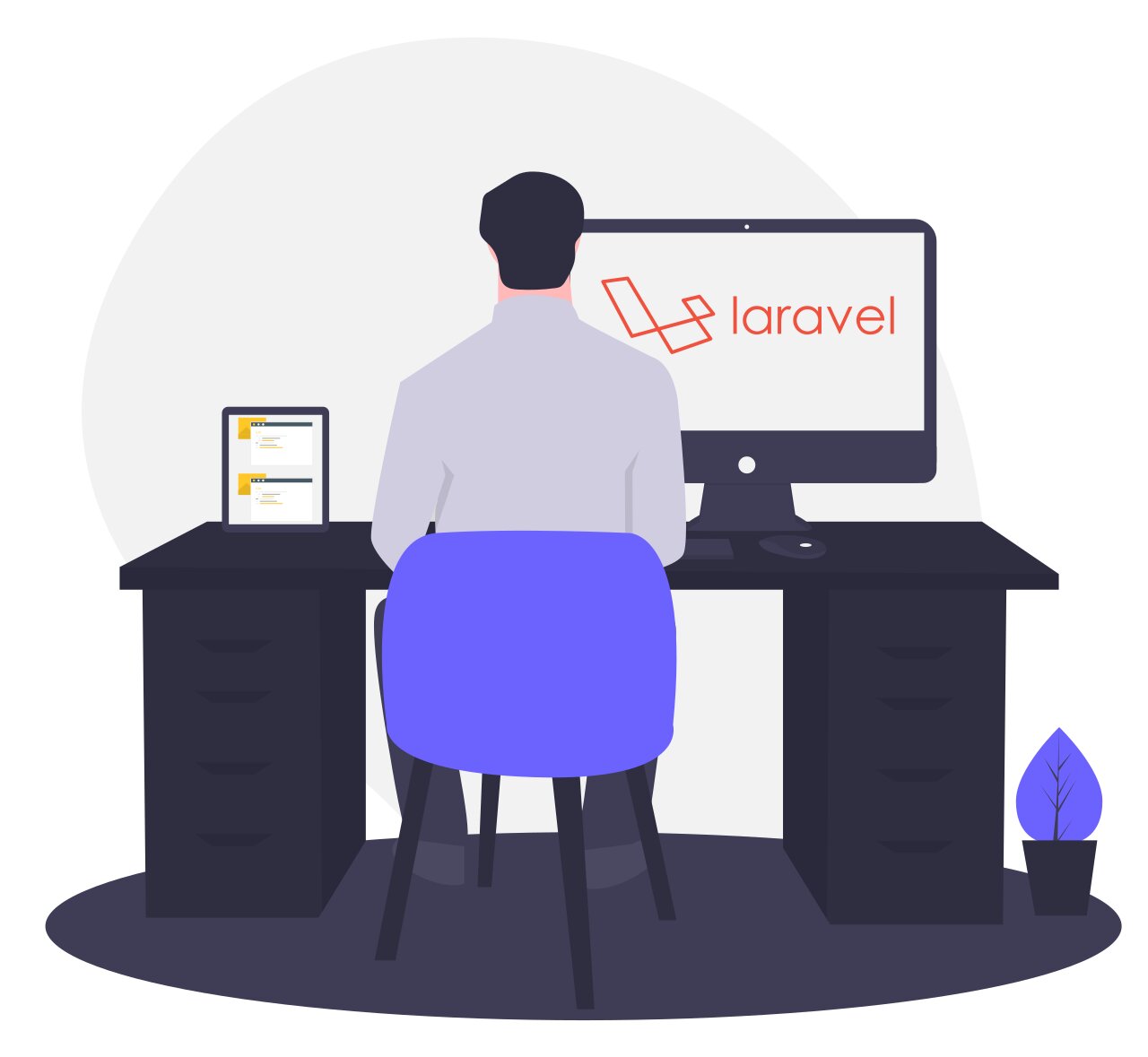Selecting the appropriate platform in the field of web development is essential to creating reliable and effective websites. WordPress and Laravel are two well-liked options that each meet various requirements and preferences. We will go over the definitions, applications, and salient distinctions between WordPress and Laravel website development in this post, illuminating their unique advantages and scenarios.
Defining Laravel
The robust PHP web application framework Laravel is renowned for its potent capabilities and smooth syntax. Laravel, created by Taylor Otwell, is a popular option for creating unique, scalable web applications since it makes complicated web development tasks easier to handle. For developers looking for flexibility and control over their projects, Laravel offers a feature-rich feature set that includes a sophisticated migration system, Eloquent ORM, and a clean and expressive API.
Laravel Website Development Services
The popularity of Laravel as the go-to option for website-building services has grown. Development companies that specialize in Laravel use the framework’s features to build dynamic and high-performing websites as part of their Laravel development services. These companies are experts in utilizing Laravel’s capabilities, such as task scheduling, unit testing, and modular packaging systems, to create unique solutions that are suited to the particular requirements of their clients.
Key Features of Laravel for Website Development
- Eloquent ORM: Laravel’s ORM makes database interactions easier by utilizing an understandable syntax for developers to interface with databases.
- Blade Templating Engine: Blade is a simple, light-weight templating engine that facilitates the creation of captivating and dynamic webpages.
- Artisan Console: One of Laravel’s most potent command-line tools, Artisan streamlines the development process by automating monotonous duties.
- Middleware: Laravel’s middleware offers an adaptable and effective method of handling requests by enabling developers to filter HTTP requests coming into the application.
Defining WordPress
The majority of the global web is maintained by the well-known content management system, WordPress. WordPress was first developed for blogging, but it has since developed into a versatile platform fit for an array of website types. Considering its vast plugin community and user-friendly interface, WordPress is typically used for basic website building which does not call for a lot of technical know-how.
WordPress Development Company
Website creation with the WordPress platform is the area of expertise for any WordPress development company. These businesses are knowledgeable about WordPress and use its themes, plugins, and customization tools to create websites that are both visually appealing and functional. Companies looking for an affordable web presence solution frequently choose WordPress development services.
Key Features of WordPress for Website Development
- User-Friendly Interface: Content management is made simple for users with varied levels of technical knowledge by WordPress’s intuitive dashboard.
- Plugin Ecosystem: WordPress users can add a wide range of functionality to their websites without knowing a lot of code, thanks to its enormous repository of plugins.
- Themes and customization: With WordPress’s assortment of themes and customization choices, customers can build visually stunning websites that complement their brands.
- Community Support: A sizable and vibrant WordPress community makes sure that users and developers have access to constant support, updates, and a multitude of resources.
Key Differences Between Them
- Purpose and Use Cases:
– When creating unique web applications, Laravel works well, especially when complex functionality and significant customization are needed.
– WordPress offers a quick and easy setup, making it the perfect choice for content-focused websites, blogs, and small-scale e-commerce businesses.
- Adaptability and Management:
– Laravel offers developers a great deal of control and flexibility, which makes it appropriate for intricate projects requiring a unique strategy.
– Despite its versatility, WordPress might not be as flexible as it might be, particularly for heavily customized applications.
- Learning Curve:
– Laravel has a steeper learning curve, requiring developers to have a strong grasp of PHP and web development principles.
– WordPress is more accessible to beginners, allowing individuals with minimal coding knowledge to create and manage websites.
- Scalability and Performance:
– Laravel can manage projects of different sizes and is suitable for scalable applications. Task scheduling and queue management are two capabilities that Laravel offers to help maximize efficiency and handle expansion. Laravel is a reliable option for applications with growing user needs because of its capacity to effectively manage resources and optimize database queries.
– Although WordPress can manage a large volume of traffic, particularly big and complex websites can discover that its scalability becomes an issue. Performance might be affected by the heavy usage of plugins, and compared to Laravel, optimizing a highly customized WordPress site could take more work, especially when handling complex functionality and large traffic volumes.
- Security Practices and Considerations:
– Security is a top priority for Laravel. Secure password hashing, encryption, and CSRF prevention are all built-in aspects of the framework. SQL injection attacks are thwarted by Laravel’s ORM (Eloquent), and the framework regularly issues updates and patches to address new security vulnerabilities. To provide strong protection against future vulnerabilities, developers must still use safe coding techniques.
– Due to its widespread use, WordPress is frequently the subject of security concerns. The website owner’s commitment to maintaining the most recent versions of themes, plugins, and core software is a major factor in security. Even though WordPress has significantly improved security, there are still risks due to the large ecosystem of third-party plugins. To reduce security threats, users need to update their websites often and choose reliable plugins.
Conclusion
The specific requirements of the project will determine which of WordPress and Laravel to use. Joining a Laravel development agency is an excellent option for developers who want a significant lot of flexibility and customization while creating apps for the web. Still, WordPress remains the go-to choice for anyone who wants to rapidly create a digital identity without having to learn complicated programming because of its vast ecosystem and intuitive design.
An in-depth comprehension of the benefits and drawbacks of every platform is necessary for decision-making in the dynamic web development industry.





